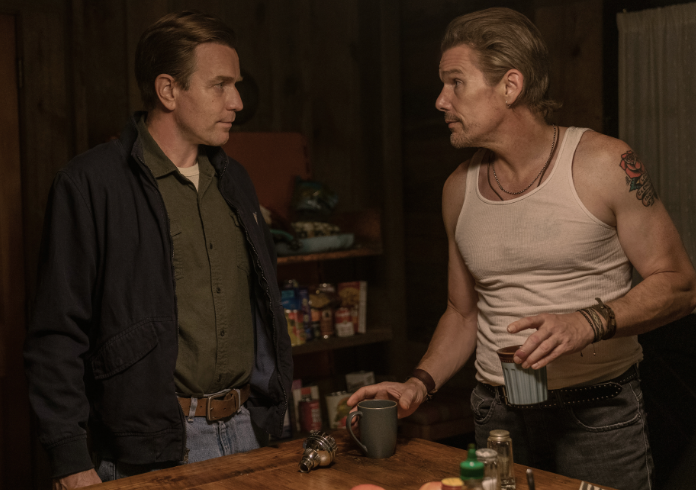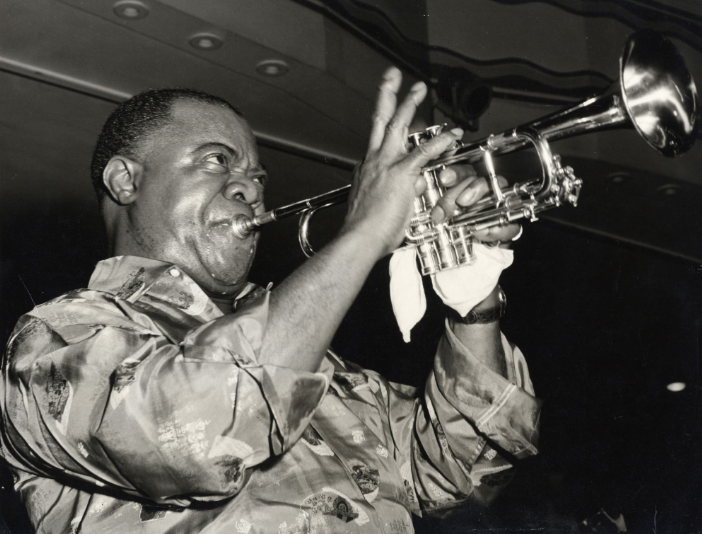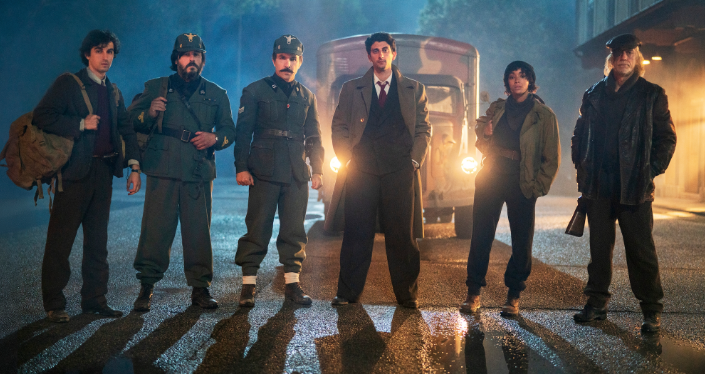by Elisa Giudici
It’s not a Festival, it is a party! So please be my guest on a short journey to Festa del Cinema di Roma (Rome Cinema’s Party). This is my first year in Rome for this strange festival which is now in its 17th year. Rome Film Festival wants to be something different from its older sisters in Europe (Berlin, Cannes, and Venice), yet it seems unable to let go of the old dream of becoming as big and relevant as them.
A Rome Film Festival in 2022 will be a strange combination of leftovers from festival season, Hollywood latecomers hoping for Oscar traction, and a place for smaller films to shine alongside the more popular, acclaimed ones that have already premiered elsewhere. And Apple Originals likes this Festival a lot. Let’s discover some titles, shall we?
RAYMOND & RAY (Rodrigo Garcia, US)
Begins streaming on Apple TV+ on October 21st

A really positive start to my festival days in the Eternal City and yet another successful example of Apple Originals’ movie strategy: small titles focusing on family and friendship, great screenplays, and one or two glamorous names from Hollywood to sell it.
Raymond & Ray stars Ewan McGregor and Ethan Hawke, whose casting is perfectly in line with our expectations. They play two brothers with the same name, scarred by an abusive relationship with a terrible father. Naturally, McGregor is the sensible one mistaken for a closeted gay man for his ability to iron his shirts. Hawke is the messier one with a short temper and a difficult relationship with drugs, rules, and social conventions. It could have been just some lazy typecasting, but Ethan and Ewan really sell being brothers in a drama that's elegantly written by Rodrigo García (Mother and Child, Things You Can Tell Just By Looking At Her).
The new film is fueled by several mysteries regarding the protagonists' dead father, whom they are asked to bury (quite literally) six feet underground. By making it impossible for Raymond and Ray to understand why their father was so terrible to them and how he could have been a better or maybe just different man later in life, the screenplay does wonders. While Raymond & Ray has its finest moments in this mystery and unclarity, García's last act succumbs to the temptation to explain everything: the only real mistake of this impressive effort.
Aside from its stars and, ignoring that one misstep, there are other rewards. Consider for example the hints given about the letters in the final part. Alternatively, consider how the movie has the same opening and closing scenes, but with a very different meaning for each brother.
LOUIS ARMSTRONG BLACK AND BLUE (Sacha Jenkins, US)
Opens in theaters and begins streaming on Apple+ on October 28th

Docs about artists and musicians in particular are another favorite on Apple Originals’ Menù. Lately, every festival has at least one in its program. Jenkins does a fine job illustrating Armstrong's self-consciousness; Aware of the mark he was leaving in American (music) history, Armstrong decided to record himself playing and speaking about his career, essentially interviewing himself.
When the central figure of a documentary is as fascinating as Armstrong, it is nearly impossible to miss the target. Louis Armstrong’s Black & Blues offers an interesting portrayal of the man and legend, focusing on how the perception of his public persona within the African-American community changed during the 1960s. He was “the first black American man” to reach a lot of historical milestones, yet younger generations despised his way of being “the black man white people imagine, unthreatening and apolitical”.
In addition to the political focus of his place in culture, I enjoyed the look at his relationship with his third wife Lucille Wilson as well as some strange, bizarre facts such as his public appreciation for laxative use.
ROBBING MUSSOLINI (Renato De Maria, Italy)
Begins streaming on Netflix October 26th

The only constructive thing I can manage to say about this Netflix Italian production is that it does a remarkable job of highlighting how underestimated Gabriele Mainetti’s Freaks Out was just one year ago. Robbing Mussolini is a clear attempt to make a similar movie with less money and less talent behind the camera. “Adorable underdogs try to beat History and Mussolini during the last days of the Second World War in Italy” is the plot of both movies.
Robbing Mussolini is set in Milan, but the cast has such heavy Roman accents it is like being in the Open City again (as in Freaks Out). In Mainetti's slightly earlier flick, the protagonists had powers akin to the X-Men. Here they are a team of very skilled thieves planning the heist of the century: stealing the gold Mussolini has stolen from the Italian people during 20 years of dictatorship. The shared goal of the two movies is to speak to a young audience while educating them on some historical facts about fascist Italy at the time. Even Pietro Castellitto plays a similar role in both titles. Yet in Robbing Mussolini characters are so uninspired and stereotypical that even new stars of Italian cinema such as Matilda De Angelis or veterans like Tommaso Ragno are left with nothing much to do or to say. Do yourself a favor: skip this one and watch Freaks Out instead.
more soon from Rome